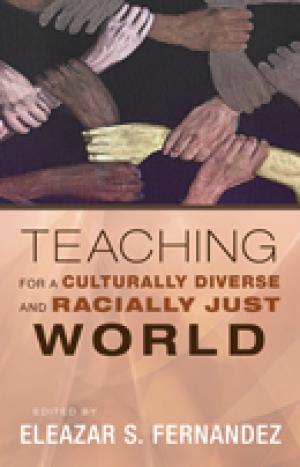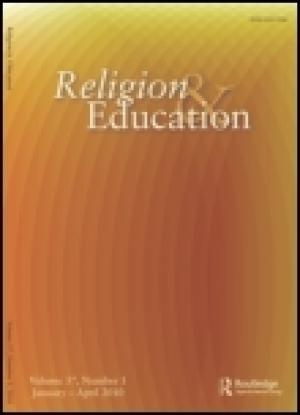Resources

Click Here for Book Review Abstract: Cultural and ethnic diversity is the reality of our world, and much more so in this age of heightened globalization. Yet, do our ways of doing theological education match with our current reality and hopes for a colorful and just tomorrow? How shall we do theological formation so it helps give birth to a culturally diverse, racially just, and hospitable world? This edited volume gathers the voices of minoritized scholars and their white allies in the profession in response to the above questions. More particularly, this volume gathers the responses of these scholars to the questions: What is the plight of theological education? Who are the teachers? Who are our students? What shall we teach? How shall we teach? How shall we form and lead theological institutions? It is the hope of this volume to contribute to the making of theological education that is hospitably just to difference/s and welcoming of our diverse population, which is our only viable future. When we embody this vision in our daily educational practices, particularly in the training of our future religious leaders, we may help usher in a new, colorful, and just world. (From the Publisher)

Journal Issue.
"Teaching Difficult Texts." 1000 word essay describing a student-interactive, small -group discussion of challenging texts.
"Teaching Difficult Texts." 1000 word essay describing scaffolding to help students engage a challenging text.
"Teaching Difficult Texts." 1000 word essay describing role playing exercise to help students engage a challenging text.
"Teaching Difficult Texts." 1000 word essay scaffolding student engagement with difficult texts from non-Western Christian contexts.
This Forum collects the papers presented at a 2010 panel at the Society of Biblical Literature, an outcome of a Wabash Center funded grant project. The project examined the unique dimensions and experiences of teaching Biblical exegesis at the six historically black theological schools (HBTSs), including discussion of the unique needs of HBTS students and their communities, and appropriate learning goals and effective teaching practices for this context. None of the biblical studies faculty were prepared as graduate students for the unique challenges that they have encountered teaching at a HBTS, so they have all had to “learn on the job” how best to approach the unique needs of the student body. The brief statements collected here summarize the findings from the project, describe and analyze some effective teaching strategies, and offer suggestions for continuing the conversation.
One page Teaching Tactic.
One page Teaching Tactic to help students understand the contingencies of historical documents.
One page Teaching Tactic to help students engage course readings.